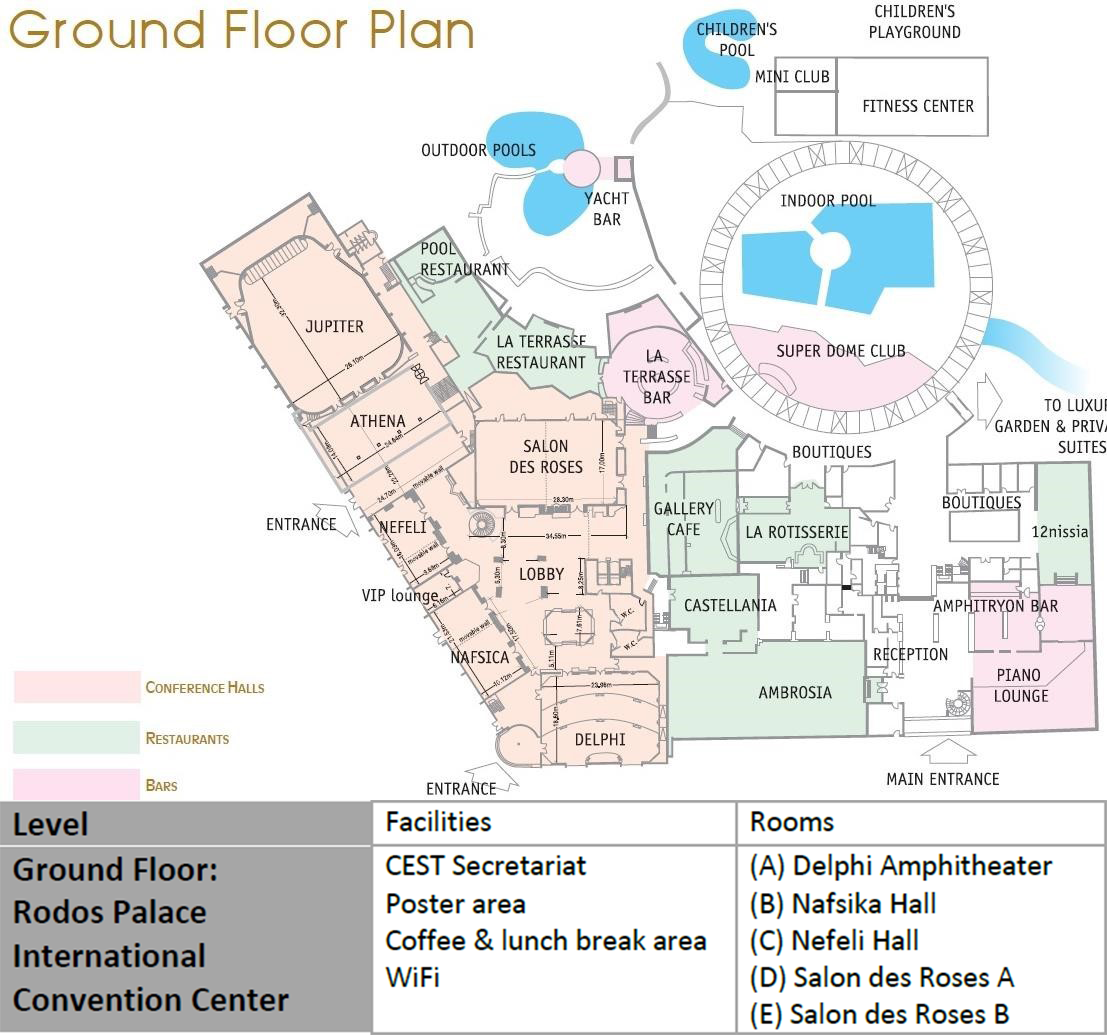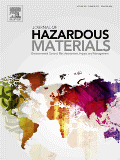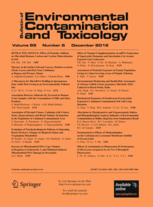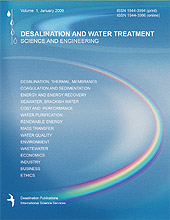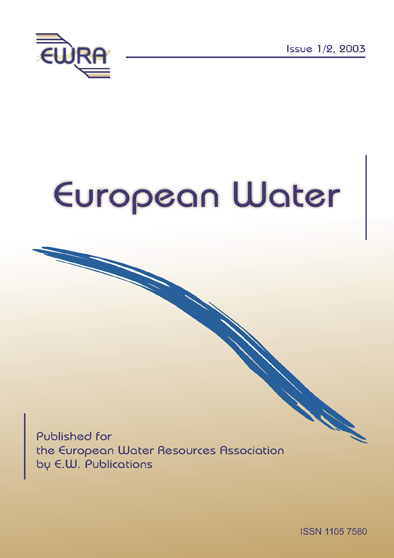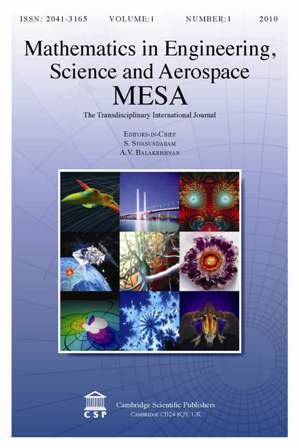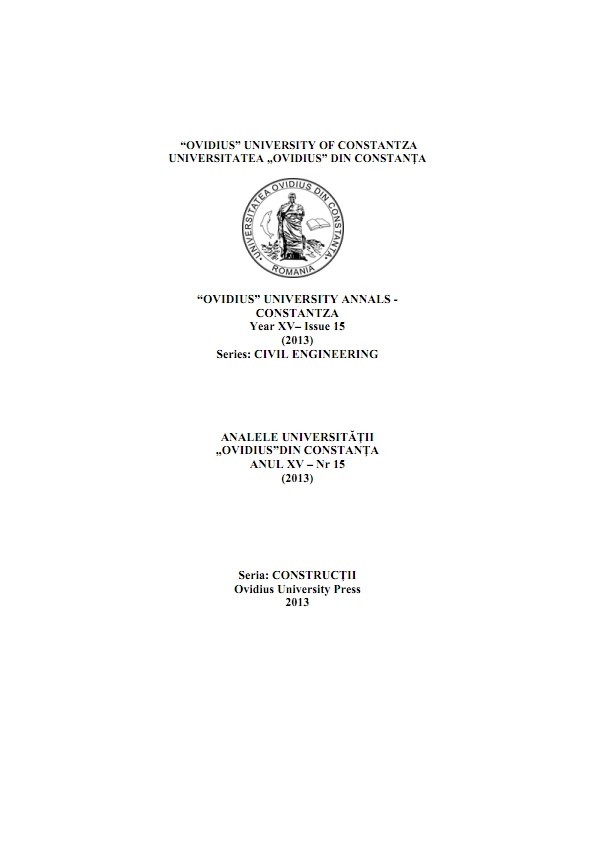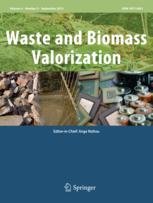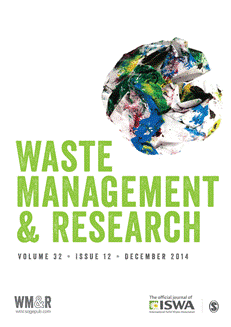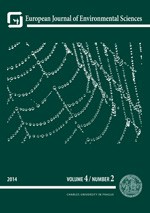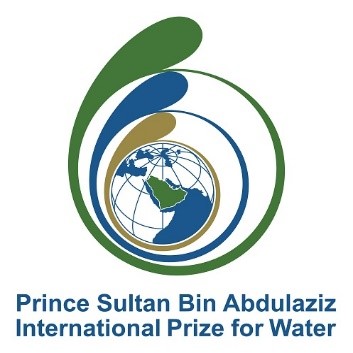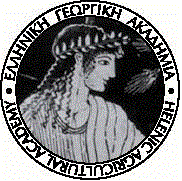14th International Conference on Environmental Science And Technology
3-5 September 2015, Rhodes, Greece
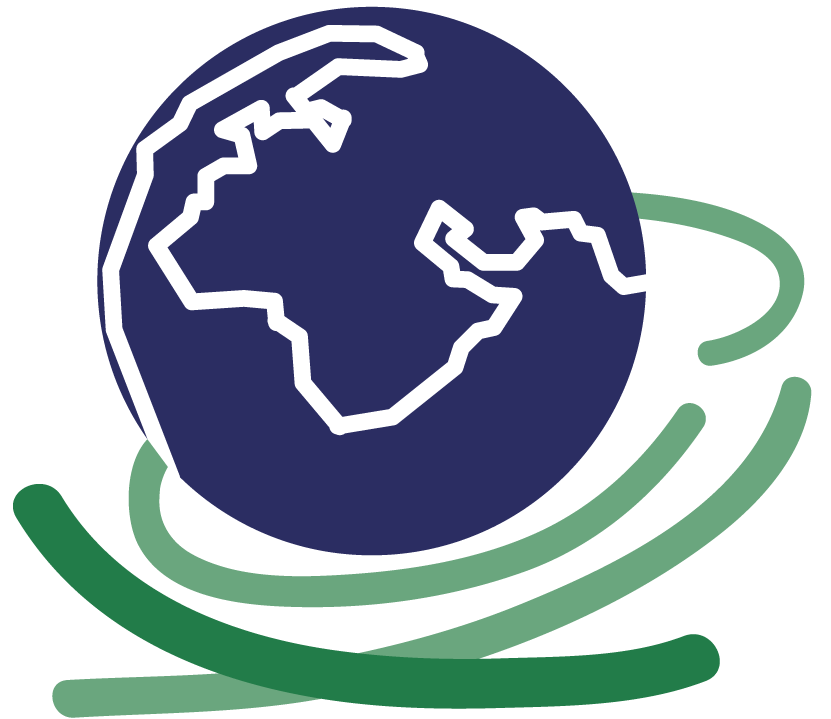
Global Network on Environmental Science and Technology

University of the Aegean: Department of Mathematics & Department of Environment
About CEST
The International Conference on Environmental Science and Technology is one of the worldwide leading environmental conferences. This biennial conference brings together engineers, scientists, researchers, students, managers and other professionals in order to address and discuss emerging environmental issues. The conference is supported by the multi-disciplinary Global NEST (Network of Environmental Science and Technology); an international scientific movement that has been successfully developing for the last 26 years with members from more than 65 countries. Global NEST is an international scientific movement focusing on innovative environmental issues.
Proceedings of the International Conference on Environmental Science and Technology
ISSN 1106-5516
Proceedings of the 14th International Conference on Environmental Science and Technology
3-5 September 2015, Rhodes, Greece
ISBN 978-960-7475-52-7
Editor: T.D. Lekkas
Editing co-ordinators: Christina Makri
Editing: El. Klontza, Georgia Fountotou
USB design and Software: Ilias Dimopoulos
Programme
CEST2015 Scientific Programme includes 31 sessions, running in 5 parallel rooms, with 309 oral and 195 poster presentations. The conference sessions cover 19 unique scientific topics. The up-to-date programme of each session is posted every morning in front of the respective room or in the respective poster area.
Premises
Be sure to check the floor plan in order not to end up to the pool (unwillingly).
CEST2015 Papers
View All Papers
Organized Sessions
|
|
|
|
|
|
|
Dams and the EnvironmentSession 19.2 |
|
|
|
|
Environmental Odour ManagementSession 10.2 |
|
|
|
|
|
|
|
|
Sustainable Tourism and the EnvironmentSession 27 |
|
Water Resources ManagementSession 22 |
Water and Energy FootprintSession 18 |
WHILE YOU ARE AROUND...
NORMAN WORKSHOP 1st and 2nd of September
1st NORMAN workshop on analysis of problematic compounds: How can we analyse very polar and hardly-ionisable compounds.
The purpose of this two-day workshop is to share the information currently available on the analysis of polar and non-polar compounds. Both HILIC and new ionisation techniques for non-polar compounds will be discussed. The workshop will take place in Rhodes in 1st and 2nd of September 2015, as part of the 14th International Conference on Environmental Science and Technology (CEST2015: http://cest.gnest.org/node/1), back-to-back to the session "Emerging Pollutants" and the TREMEPOL dissemination event (http://tremepol.chem.uoa.gr/), where major scientific advances will be presented on the method development for the target and non-target screening of CECs.
Venue: Rodos Palace International Convention Center, Room B (Nafsika)
HYDROPOLIS WORKSHOP (in Greek) 4th of September
Urban development and water infrustucture: Towards innovative decentralized urban water management
Hydropolis has been co-financed by the European Union (European Social Fund – ESF) and Greek national funds through the Operational Program "Education and Lifelong Learning" of the National Strategic Reference Framework (NSRF) ‐ Research Funding Program: THALES. Investing in knowledge society through the European Social Fund.
The workshop includes the presentation of the objectives and findings of Hydropolis (results of a survey aiming to investigate public perception regarding water conservation issues, quantitative and qualitative greywater characterization, results of lab scale and pilot scale greywater treatment systems, distributed and cooperative network monitoring, urban water cycle model in a household – neighborhood, social, environmental and economic aspects).
Venue: Rodos Palace International Convention Center, Room A (Delphi Amphitheater)
ENVIRONMENTAL IMPACTS FROM LANDFILL OPERATION (In Greek) 5th of September
Sanitary landfills presently constitute the ultimate disposal alternative for municipal solid waste (MSW), at the bottom of the waste hierarchy, being the least preferred option. However, a significant number of landfills are still in operation and will be for some time, until viable technological alternatives related to waste prevention, reuse and recycling and “green” industrial production further develop in order to close the material loop, resulting in zero waste production within a cyclical economy framework. Therefore, the environmental impacts from landfill operation still constitute a significant problem that needs to be reliably addressed in order to avoid environmental degradation and possible public health impacts. This workshop aims at addressing these potentially significant landfill operation environmental impacts focusing at both the standard operational and the innovative scientifically-based technological levels.
Venue: Rodos Palace International Convention Center, Room C (Nefeli Hall)
We have some special guests for you
Polycarpos Falaras is Research Director at the National Center for Scientific Research ‘Demokritos’ (NCSRD, Athens, Greece), working on nanomaterials and nanotechnologydriven processes for solar energy conversion to electricity (third generation solar cells: dyesensitized, quantum dot, perovskite) and environmental protection (photocatalysis for water treatment, air purification, self-cleaning surfaces and CO2 conversion). He is teaching Physical Chemistry at the Hellenic Open University and has a great deal of experience in EU [Ti nanotubes, Clean Water (Coordinator), SANS, IOLICAP, DESTINY] and National projects. He is the author of more than 190 peer-reviewed scientific publications, 6 review/invited book chapters and 7 patents, having more than 6000 citations and an hindex of 39.
Polycarpos Falaras, NCSR “Demokritos”, Greece
Cleaning water using nanotechnology, advanced oxidation and filtration processes
Thursday 3 September 10:45, Room A – Delphi Aphitheater
Kathrin Fenner, Eawag, Switzerland
Towards a more accurate prediction of biotransformation – Exploring linkages between micropollutant biotransformation and microbial community characteristics
Thursday 3 September 11:30, Room E – Salon des Roses B
Dr. Fenner is a Senior Scientist at the Swiss Federal Institute of Aquatic Science and Technology (Eawag) in the Department of Environmental Chemistry and a lecturer at ETH Zürich in the Department of Environmental Systems Sciences, with over 50 publications in peer-reviewed journals. She holds a diploma in chemistry from the University of Zürich, and a PhD in Natural Sciences from ETH Zürich. Most recently, she has been awarded an ERC Consolidator Grant for a project on the prediction of microbial biotransformation of organic contaminants (PROducTS).
Dr. Fenner’s research interests include chemical risk assessment and analytical identification strategies for transformation products, persistence assessment, structurebased biodegradation pathway prediction, and, more recently, functional genomic approaches for profiling the biotransformation potential of microbial communities. She is director of the Eawag-BBD/PPS (i.e., a database and prediction system for microbial biotransformation of organic contaminants (http://eawag-bbd.ethz.ch/) and is or has been the PI on over fifteen Swiss National Science Foundation, EU- and industry-funded projects on the biotransformation of organic contaminants. She currently serves on the advisory boards of the German Water Chemistry Society and the ERC project ATHENE.
Juliane Hollender is head of the Department of Environmental Chemistry at the Swiss Federal Institute of Aquatic Science and Technology (Eawag) and Adjunct Professor for Environmental Chemistry at the Department of Environmental Systems Science at the Swiss Federal Institute of Technology (ETH) in Zurich, with over 90 publications in peer reviewed journals. She holds a diploma in chemistry from the University of Freiburg, and a PhD in Environmental Engineering from the Technical University of Berlin, Germany. In 1989 she received the "Adolf Steinhofer Award" of the University of Freiburg, in 1985, 1991, 1999 she was selected for scholarships of the German National Environmental and National Academic Foundation.
Professor Hollender’s expertise is the fate of organic contaminants in the natural and engineered environment, their bioaccumulation and biotransformation in organisms and the identification of transformation products. She is the Swiss contact point for the European network of reference laboratories for monitoring of emerging environmental pollutants (NORMAN Network), was in the management committee of the Cost Action 636 “Xenobiotics in the urban watercycle” and has been involved in several European projects (AQUAREC, RECLAIM Water, ITN EDA-EMERGE, IEF ContaminantID, DEMEAU). She was on the scientific and /or organizing committee for over 10 conferences, is member of the editorial board of Environmental Toxicology and Chemistry, in the advisory board of the Journal Environmental Sciences Europe, and associated editor of the Journal Grundwasser.
Juliane Hollender, Eawag, Switzerland
Target, suspect and non-target screening approaches to identify organic contaminant records in lake sediments
Thursday 3 September 12:30, Room E – Salon des Roses B
Kevin Thomas, Norwegian Institute for Water Research
Screening for contaminants of emerging concern in the Norwegian environment
Thursday 3 September 17:00, ROOM E – Salon des Roses B
Kevin Thomas is head of Ecotoxicology and Risk Assessment at the Norwegian Institute for Water Research. For the past 20 years he has focused his interdisciplinary research on understanding the environmental fate, behaviour, effects and risks associated with contaminants of emerging concern (CECs) with the goal of protecting environmental and human health. Over the last 5 years increased focus has been placed on using these data to better understand trends in society, e.g. by estimating community drug use from sewage analyses and is currently chair of the SCORE COST Action (www.score-cost.eu) coordinating such studies internationally.
Professor of environmental engineering, Vincenzo Belgiorno carries out scientific research in the areas of wastewater and solid waste treatment. He is head of the SEED, Laboratory of Environmental Engineering of University of Salerno in Southern Italy where on field experiences are combined with scientific research.
Vincenzo Belgiorno published more than 70 papers in peer-reviewed journals and has been often involved in international research projects and conferences organization. He has a professional experience on design of wastewater treatment plants, solid waste treatment facilities and restoration of contaminated sites and he has been responsible of several consultancies of the University of Salerno to Institutions and private companies. He served as consultant for Italian Parliament in the waste emergency and its connections with criminality and as commissioner for Regione Campania for the construction of an anaerobic digestion plant for organic waste treatment.
Vincenzo Belgiorno is currently coordinator of the Doctorate School in Environmental Engineering at University of Salerno and associate editor of Desalination and water treatment and Global Nest Journal.
Vincenzo Belgiorno, University of Salerno
Current trends in MBR technology development for wastewater treatment
Saturday 5 September 9:30 am, Room A – Delphi Amphitheater
Supporting Journals
A number of presented papers will be considered for inclusion in special issues of the following journals. Click on a journal to view online.

